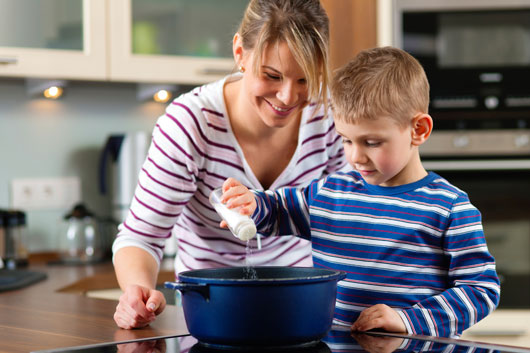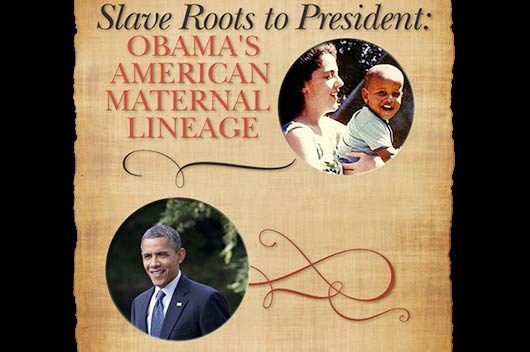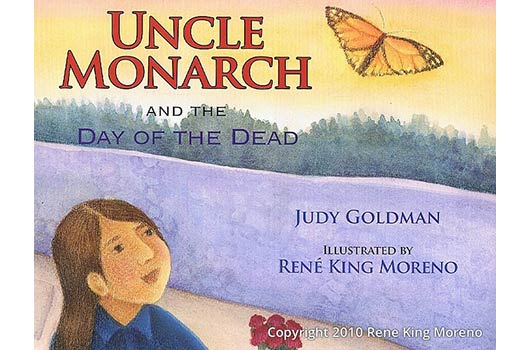
True confessions time. We all do things in reaction to our parents, don’t we? I mean, who didn’t say to herself when she was younger, “I’ll never do that when I have children!” On the other hand, we also grow to see—usually much later in life—the wisdom behind some of the parenting tactics our mothers used (as well as our grandmothers). It’s not that their parenting method was bad, but that we later learned a much better way to achieve the same result.
In short, we end up creating our own value systems and parenting styles in reaction to what happened to us as children. While this may seem like a rational description, in reality, there is a lot of angst involved in trying to enforce our own values when we’re in the company of our parents. Sometimes, we just want everyone else to butt out of our business and abide by the rules we’ve put in place.
If only it were that easy.
When you’re a new parent, everyone has an opinion about what you should do and why. It seemed everyone had ideas about religion, discipline, feeding, and almost everything else. Though I received plenty of unsolicited advice, I also made my own decisions—some of which were accepted readily, others which shocked and saddened extended family.
For starters, I declined to baptize my son Catholic (to the horror of one set of grandparents). I also wanted to be super healthy (as my mom had been with me), and fed my son almost exclusively fresh fruits and vegetables when he was a baby. While, to my horror, the other set of grandparents thought it was fine to put Kool-Aid in his baby bottle.
Read Related: Similarities in French and Latino Parenting?
LET’S TALK ABOUT SEX (AND DISCIPLINE)
My mom thought I was a slut (and said so to my face) because I had sex before marriage. I, in turn, wanted to have a more open conversation with my son about sex and relationships. Our first conversation about the birds and the bees occurred when he was 3-years-old, and we continued these types of discussions until the day he left home. At 25, my son still seeks my advice today.
I had strong ideas about how I wanted to raise my son, and sometimes I found it was not just about putting into action the practices I’d decided upon, but also setting boundaries with those around me. There were also times that I should have just kept my mouth shut; I had to have a long discussion, of course, about the baptism. On the other hand, I didn’t have to have a conversation with anyone other than my son about my views on sex and relationships.
When it came to discipline, I didn’t want to be a pushover. I made sure my rules were enforced and, in certain ways, I could be considered a strict parent. However, I wanted there to be open communication; so I had a policy that he could ask questions about any of my decisions, as long as he followed the rules first. The last thing I wanted was to come across as an arbitrary authoritarian figure. Rather, I wanted him to know and trust that I had put thought and care into my decisions and would always listen to his input.
Somehow, over time, the family came to respect and abide by the decisions I made around how I wanted to parent my son, and I learned which battles to fight directly, and which to avoid. How have you mediated the way you want to parent, versus how family members want you to? Have you ever capitulated to what they wanted? Let us know how you set boundaries and enforce your own decisions.











